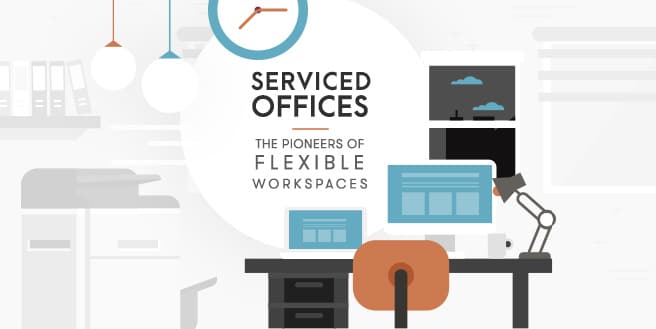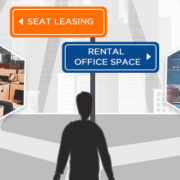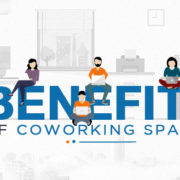Serviced Offices: The Pioneers of Flexible Workspaces
As of writing, there are tens of thousands of flexible workspaces available around the world. From coworking spaces that provides you with an array of working areas down to private offices that allows teams to work harmoniously without any sort of interruption or distraction, companies have a lot options to choose from – each one holding a different value to the other.
Driven by the changes brought upon by the increasing demands of the workforce to have a better work-life balance, new technology and the rising costs of offices, it’s no surprise that flexible workspaces grew rapidly.
But before hot-desks, virtual offices and meeting room rentals entered the Philippine market, there was serviced offices.
Serviced Offices
In a report entitled ‘Mining Millennials: Finding gold in Co-working Spaces”, Colliers called serviced offices as the pioneers of flexible workspaces. Having entered the market during the year 1999, serviced offices carry the basic services needed in a workspace.
Commonly known as shared offices or executive suites, Serviced Offices are fully-operational work areas with cost-efficient rates and flexible lease terms. Unlike the conventional office space, serviced offices are inclusive of maintenance and facility costs. Its facilities are all guaranteed to be plug-and-play ready. Its pliability allows businesses to scale down or up whenever they need to.
Being the first ones to enter the market, serviced offices can be found in multiple locations across the world and have sites established in prime cities within central business districts.
And as the Philippine economy stabilized and flourished, serviced offices grew popular to businesses establishing a presence in the country and multinational companies’ offshoring work. By the year 2014, the Philippines rose to second place as an “outsourcing destination”, beating Mumbai. Come 2016, serviced offices CAGR as a sector stood at 18%.
What Makes It Different
With the wide variety of flexible workspaces now readily available, the competition is stiff. Most of providers offer services that doesn’t veer away from what other companies have but each have a unique value that provides solution to certain needs.
The premise of flexible workspaces alone carries great advantages but in order to make the best choice for your company, it’s critical to differentiate one from the other – to know whether their services will fit your needs for today and in the future, will your culture fit with the culture of the office itself and the other additional assistance they can provide you with.
The widely-known coworking spaces differs from shared offices in terms of the vibe that they provide to their respective occupants. Coworking spaces often design their sites to give off that relaxed and trendy vibe that most tech startups and young freelancers look for. All the while shared offices incorporates the corporate vibe most conventional offices have to attract traditional companies.
With its open plan layout, privacy is very minimal in coworking space unlike in shared offices, yet it’s also important to note that this type of space values community and therefore, have chosen a design that allows you to interact with other members and expand your network.
Both coworking spaces and serviced offices share amenities and facilities that can cater to the general needs of a company in need of office space but in the same way, they carry specific factors that can only be needed by certain teams.
The idea that serviced offices paved the way to the hybridization of workspaces, provided the market with a variety of options flexible enough to accommodate the changing industry and technology we have today.













Leave a Reply
Want to join the discussion?Feel free to contribute!